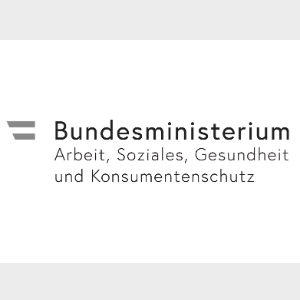Development opportunities
The Fellow will be working directly at the interface between evidence and policy and will be working through, with the Observatory and its policy-making audience, how research evidence can at best inform and at worst distort policy decisions. This requires both strong research skills and an understanding of and openness to the research knowledge on how decision-makers access and use evidence in formulating policy. The fellowship will develop both.
The fellow will take an active part in a unique collaboration and so will engage and interact with the leading knowledge broker for health systems in Europe (the Observatory), the national and international partners that belong to and work with the Observatory (the WHO Regional Office for Europe, the European Commission, the European Investment Bank, the World Bank, the governments of Belgium, Ireland, Finland, the Netherlands, Norway, Sweden, Slovenia and Spain, UNCAM and the academics at Imperial College, the London School of Economics and the London School of Hygiene and Tropical Medicine.
The fellow will work closely with colleagues who are expert in policy analysis and who are actively engaged in providing the most senior decision-makers with tailored and immediate support in developing policy (at the political and practical levels) through policy dialogues and briefings. They will support the Fellow with both aspects of this work in national and European level engagements.
The fellow will have the opportunity to shape and contribute to policy dialogues with the most senior national and European decision-makers; develop and deliver policy briefings and workshops; engage with the policy development staff at the European Regional Offices of WHO and the European Commission; and interact with a mix of international experts. Links in Canada itself will be supported by CIHR and with a view to strengthening exchanges and networks.





















